Ismahane Elouafi returns to CIMMYT—on a system-wide tour
As part of her fact-finding mission across CGIAR Research Centers, Ismahane Elouafi, CGIAR’s executive managing director, returned to CIMMYT headquarters in Texcoco, Mexico, where she studied as a Ph.D. student twenty years ago. Through meetings with CIMMYT staff from 21-24 December 2023, Elouafi learned how CIMMYT’s 2030 Strategy of more investment in developing food systems and climate-smart agriculture will contribute to CGIAR’s 2030 vision of a food and nutrition secure future.
“CIMMYT was pleased to host Ismahane,” said Bram Govaerts, CIMMYT director general. “Our ultimate mission is to transform agrifood systems. The only way we will reach our goal of food and nutrition security is by working globally and collaboratively across the value chain.”
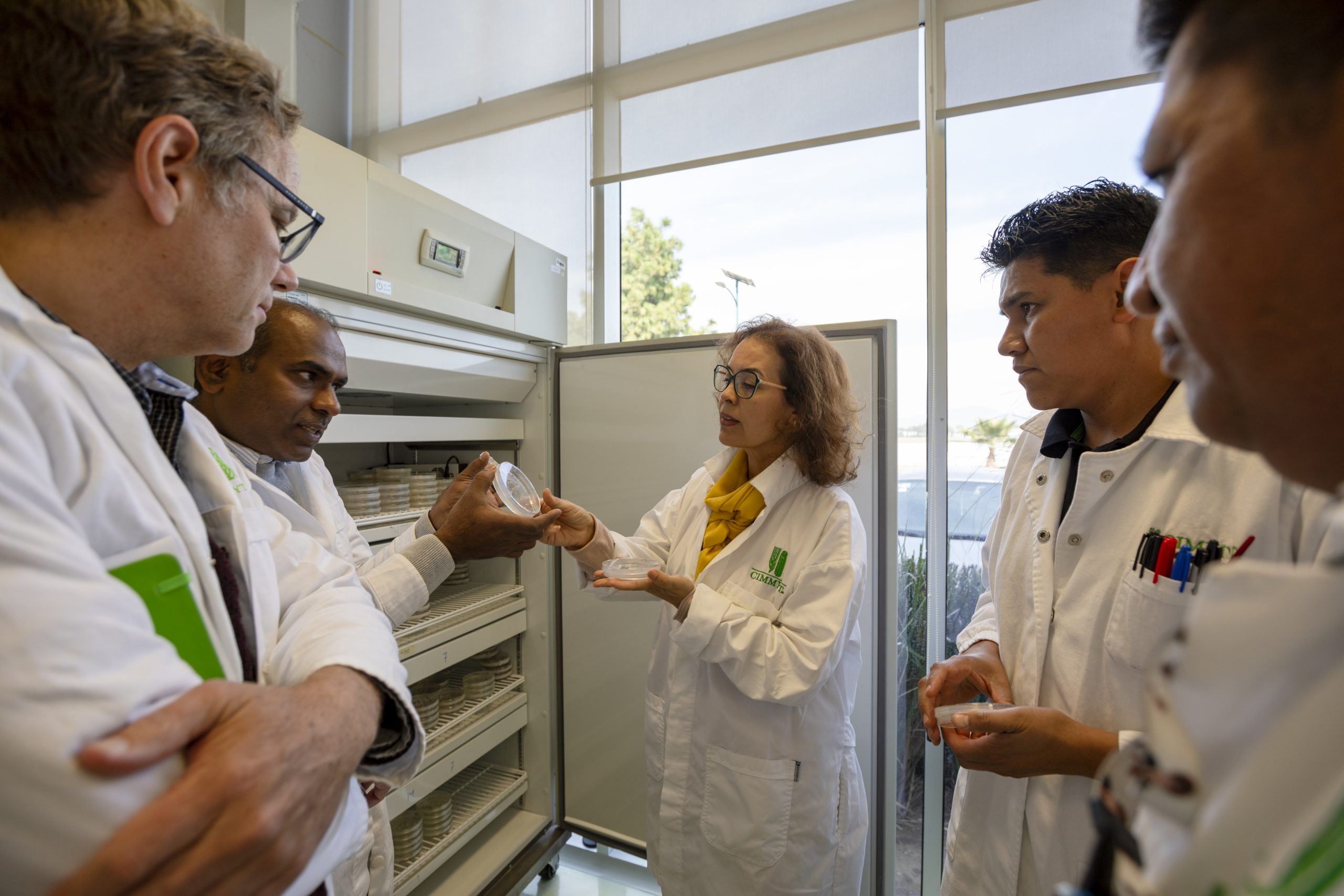
At CIMMYT’s museum and gene bank, Elouafi met with researchers to discuss the latest discoveries in genetic innovation, biodiversity conservation, and crop breeding. Elouafi and Kevin Pixley, director of the Dryland Crops program, visited the biosafety laboratory and glasshouses where gene editing on pearl millet and ground nut represent cutting-edge work with dryland crops. Elouafi also saw gene editing for resistance to maize lethal necrosis, which is already in field validation with Kenyan partners from the Kenya Agricultural & Livestock Research Organization (KALRO).
Global Wheat and Dryland Crops presented CIMMYT’s 2050 vision for wheat in Africa and near-term goals of advancing partnerships from phenotyping platforms to the International Wheat Improvement Network (IWIN). Seed experts from the Seed Health Unit shared progress on the productivity and nutrition findings of key cereals for healthy and balanced diets.
Elouafi also visited conservation trial plots with Jelle Van Loon, associate director of the Sustainable Agrifood Systems (SAS) program, who briefed Elouafi on cropping systems diversity related to maize, wheat, and beans, and showcased a variety of innovative farming technologies. At the trial plots, Elouafi met with Guillermo Bretón, a farmer, to talk about CIMMYT’s efforts to expand the MasAgro program into Central America aiming to address the region’s growing food insecurity contributing to migration.
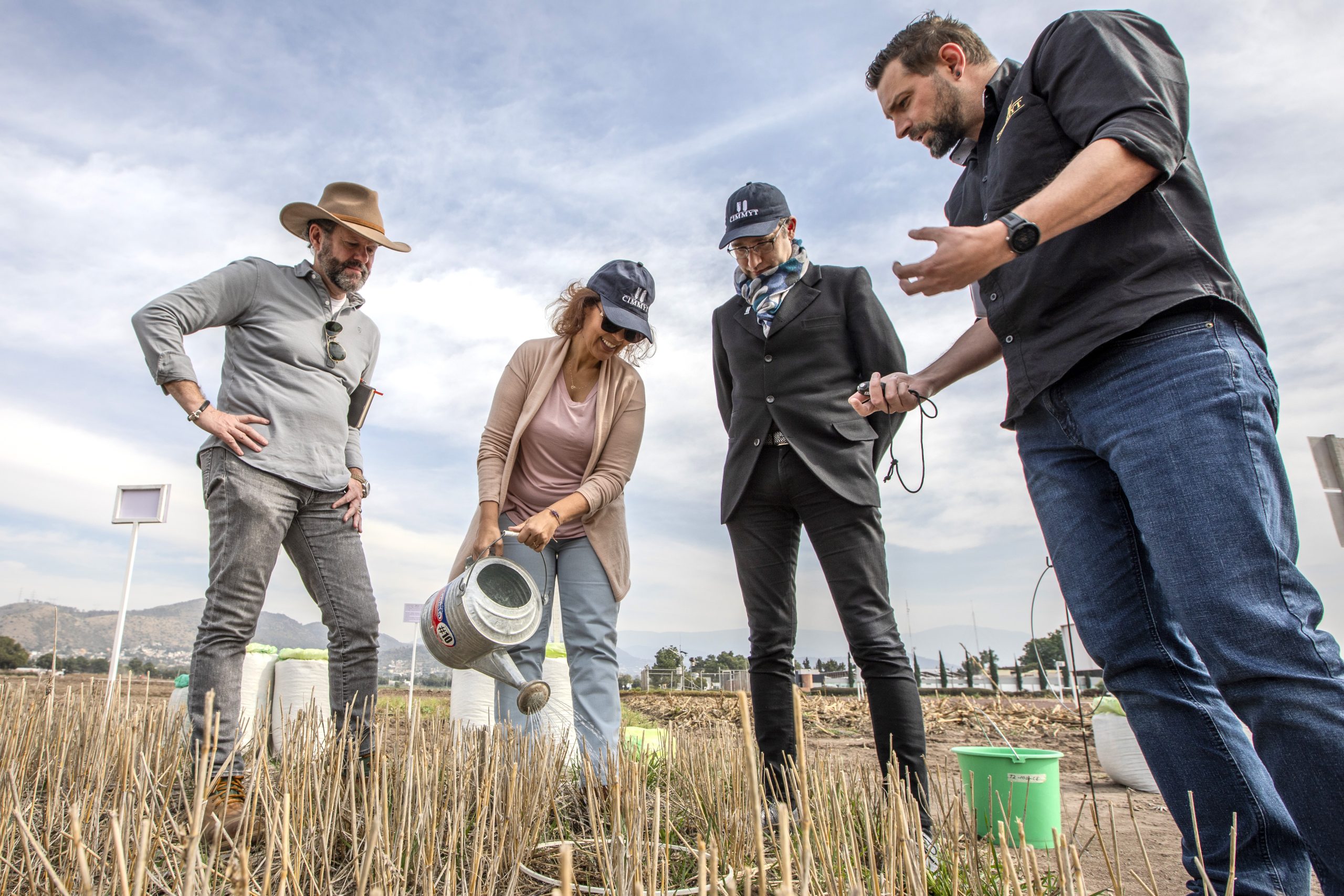
The value of genetic resources as sources of novel diversity was discussed with Elouafi during a visit to field screenhouses, where she saw wide crosses work for biological nitrification inhibition (BNI) in wheat, gene bank accessions of triticale—a cross between wheat and rye—for use in searching for new sources of resistance to wheat blast, and the ex-situ clonal collection of tripsacum, a wild relative of maize.
“CIMMYT’s 2030 Strategy adopts a systems approach to food science, which I strongly support. Through the development of mechanization and post-harvest management, increased focus on seed systems and health, and most importantly, cooperation with partners to ensure that improved crop varieties are adopted by smallholders, I am confident that this approach will only strengthen CIMMYT’s historical strength of research and innovation for food and nutrition security and contribute to achieving CGIAR’s 2030 mission,” said Elouafi.
Kevin Kabunda, chief of party for the Southern Africa Accelerated Innovation Delivery Initiative (AID-I) MasAgro Africa Rapid Delivery Hub (AID-I) and Sieglinde Snapp, director of the SAS program, presented key milestones achieved in southern and eastern Africa on expanded seed systems, market access, and mechanization technologies. Snapp also highlighted important CIMMYT-led initiatives like the CGIAR Plant Health Initiative and the Cereal Systems Initiative for South Asia (CSISA) which have had a positive impact on smallholders in part because of partnerships with government agencies and other CGIAR Research Centers.
Elouafi and Govaerts visited the ancient city of Teotihuacán to learn about the cultural significance of maize to the history and agricultural practices of the Americas. She received a guided tour by chef Carlos Cedillo, operational director of La Gruta, a local restaurant dedicated to understanding and promoting the production and consumption of native maize varieties in the Valley of Mexico. CIMMYT has collaborated with La Gruta through capacity building initiatives by CIMMYT specialists for technicians and farmers.
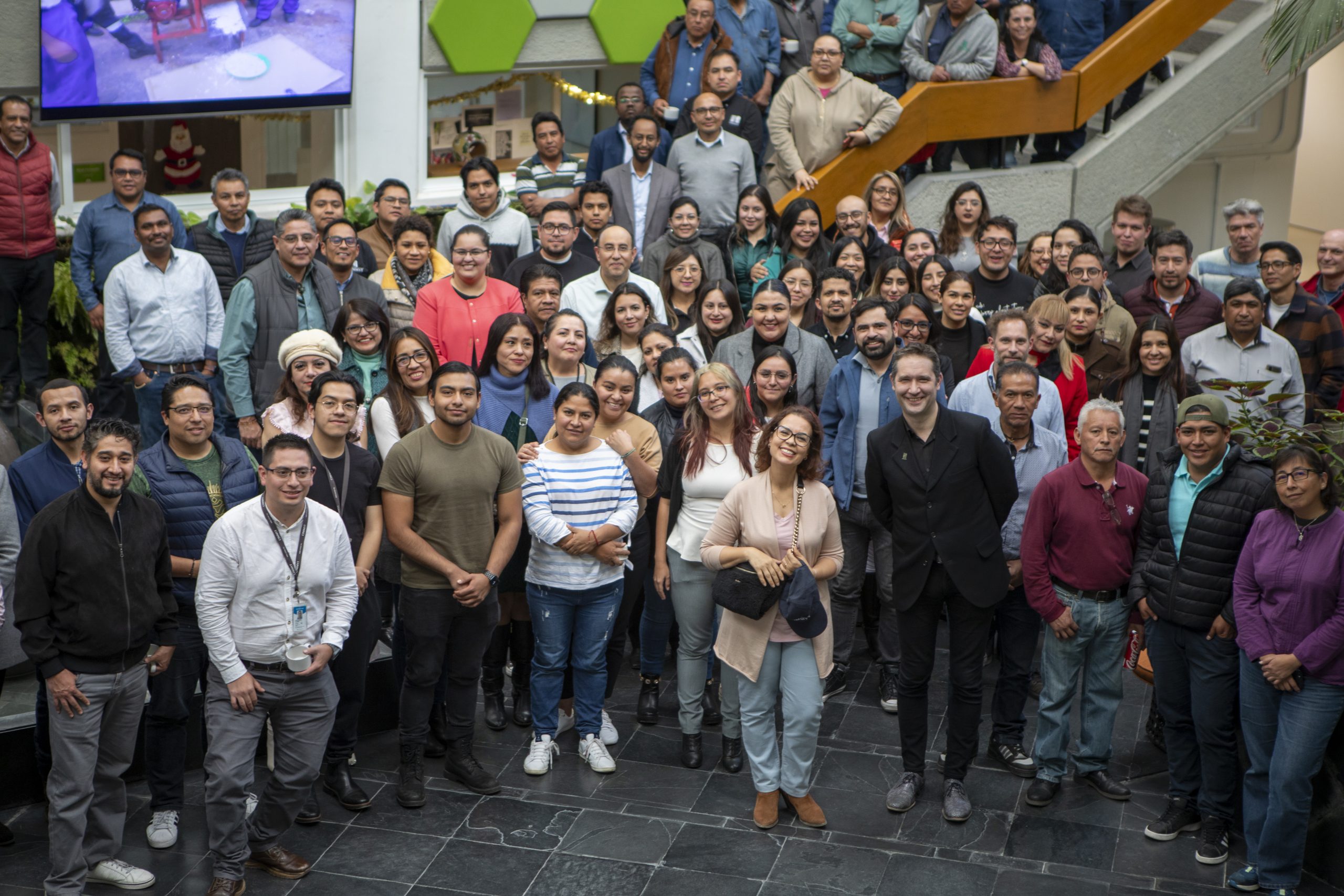
Elouafi joined CIMMYT staff in a meet and greet session on 21 December, where staff expressed the strides being made by CIMMYT’s leadership team to foster a more inclusive workplace. “This moment of coming together with the staff that make CIMMYT a great place to work and who position the Center as a significant actor in agricultural development will be a highlight of my visit,” said Elouafi.
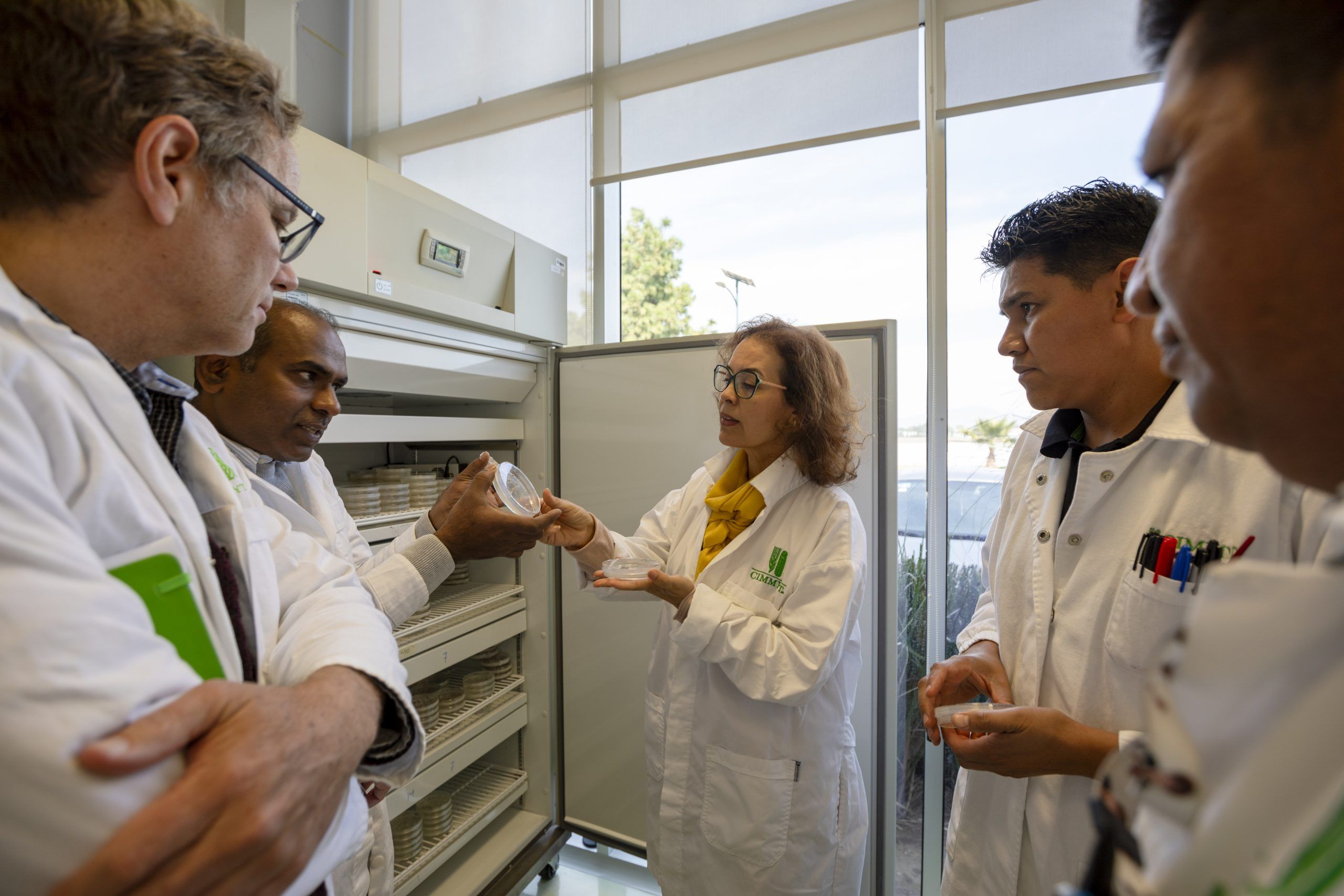
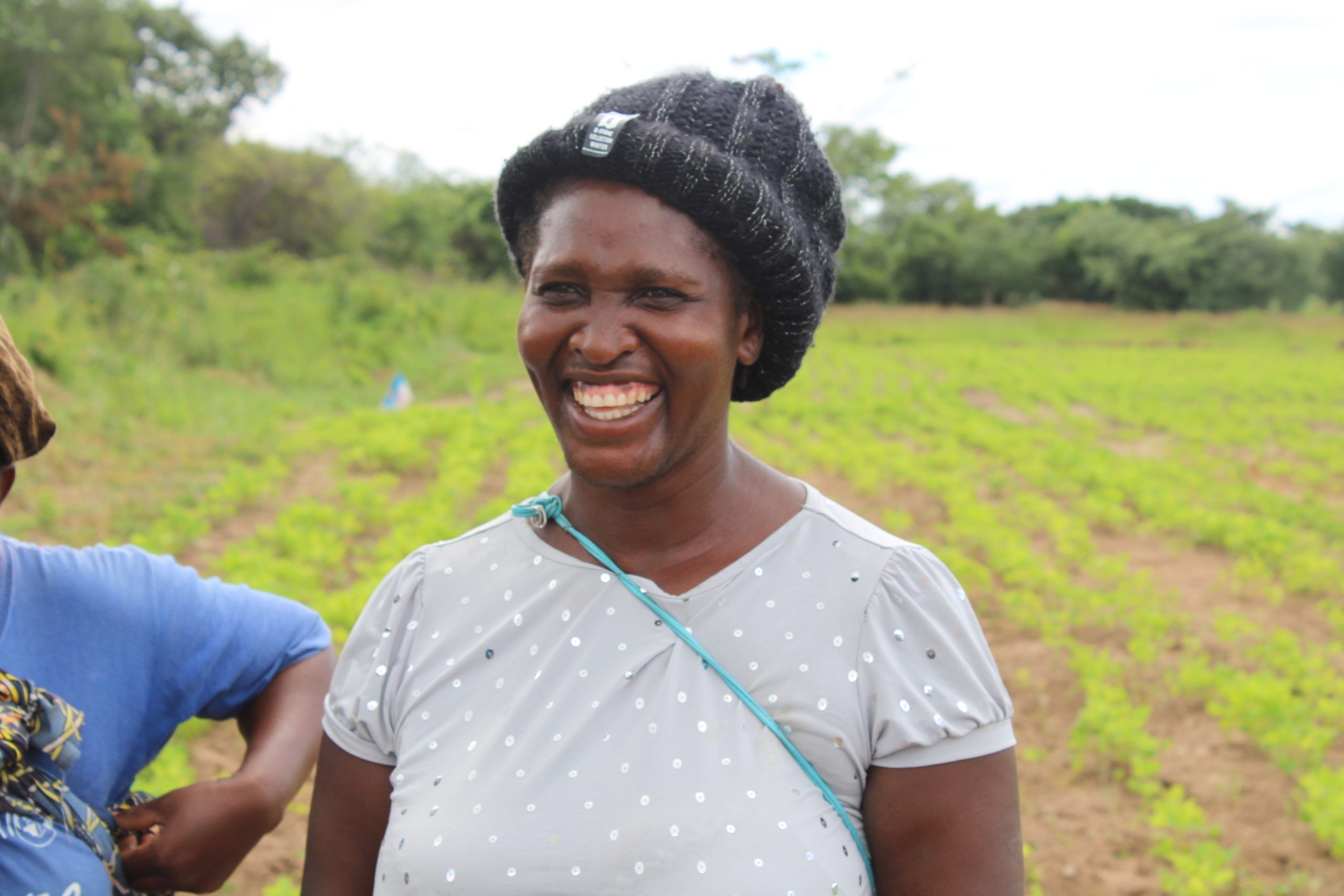

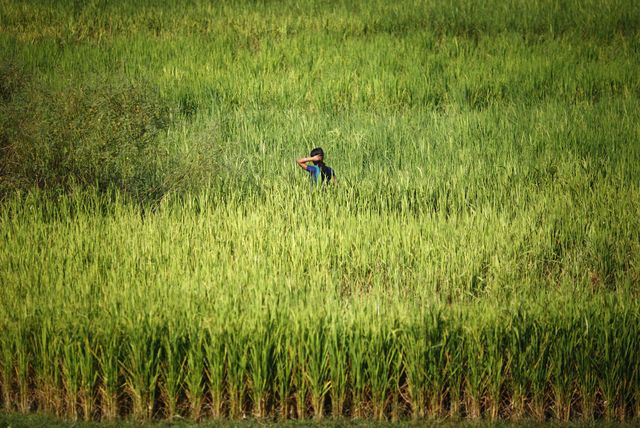
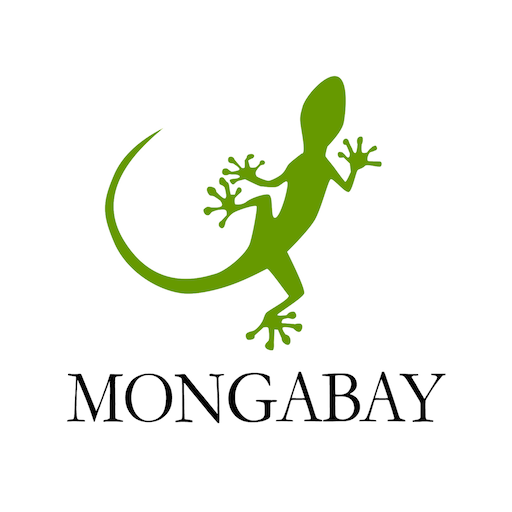
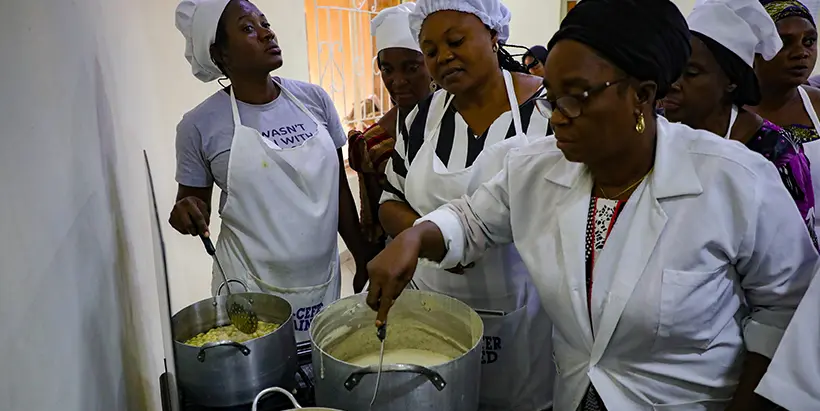
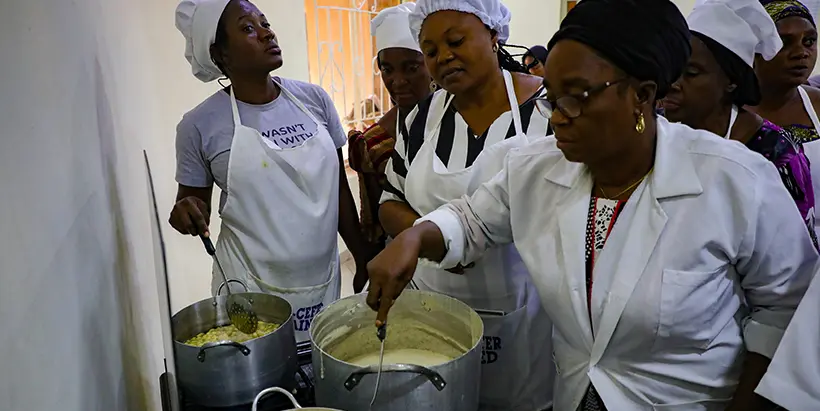
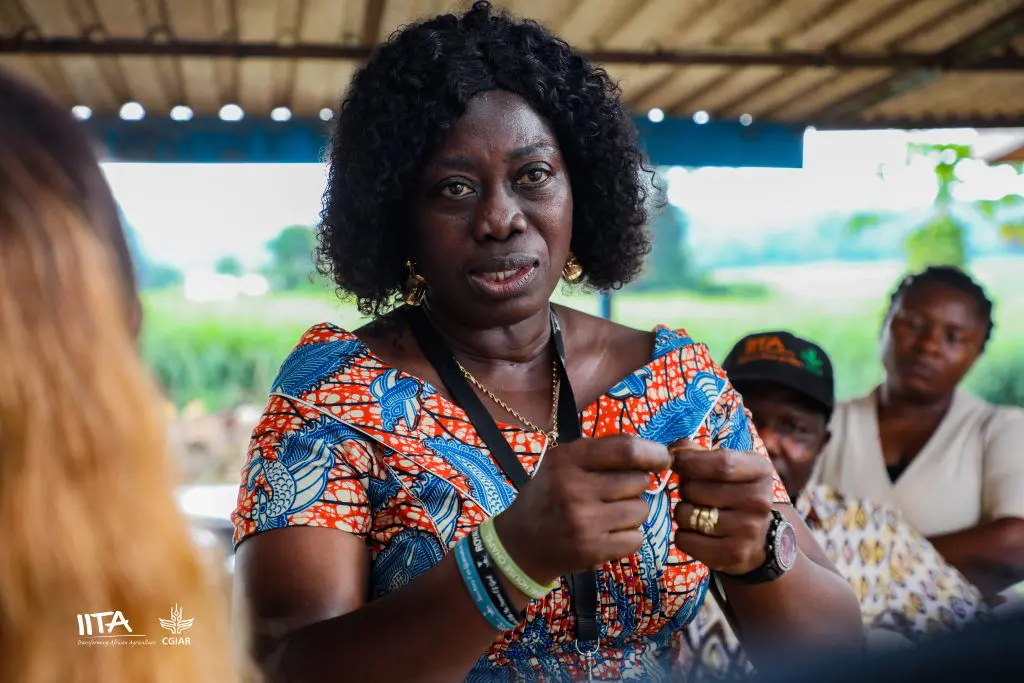
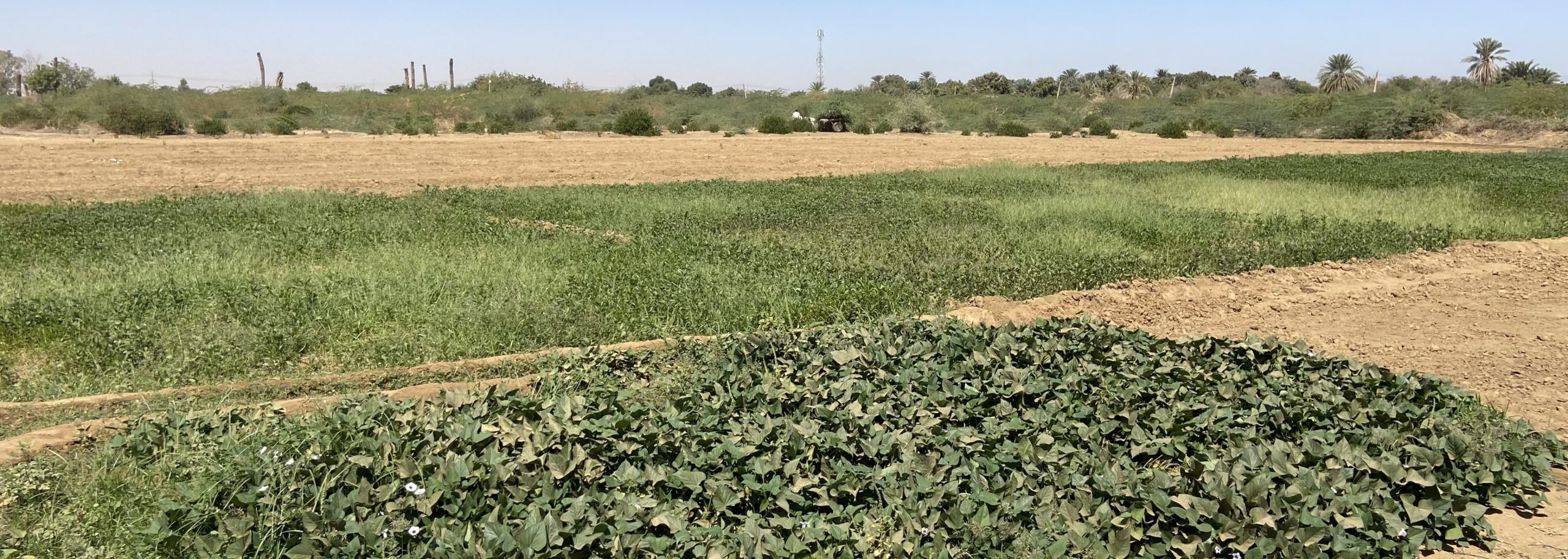
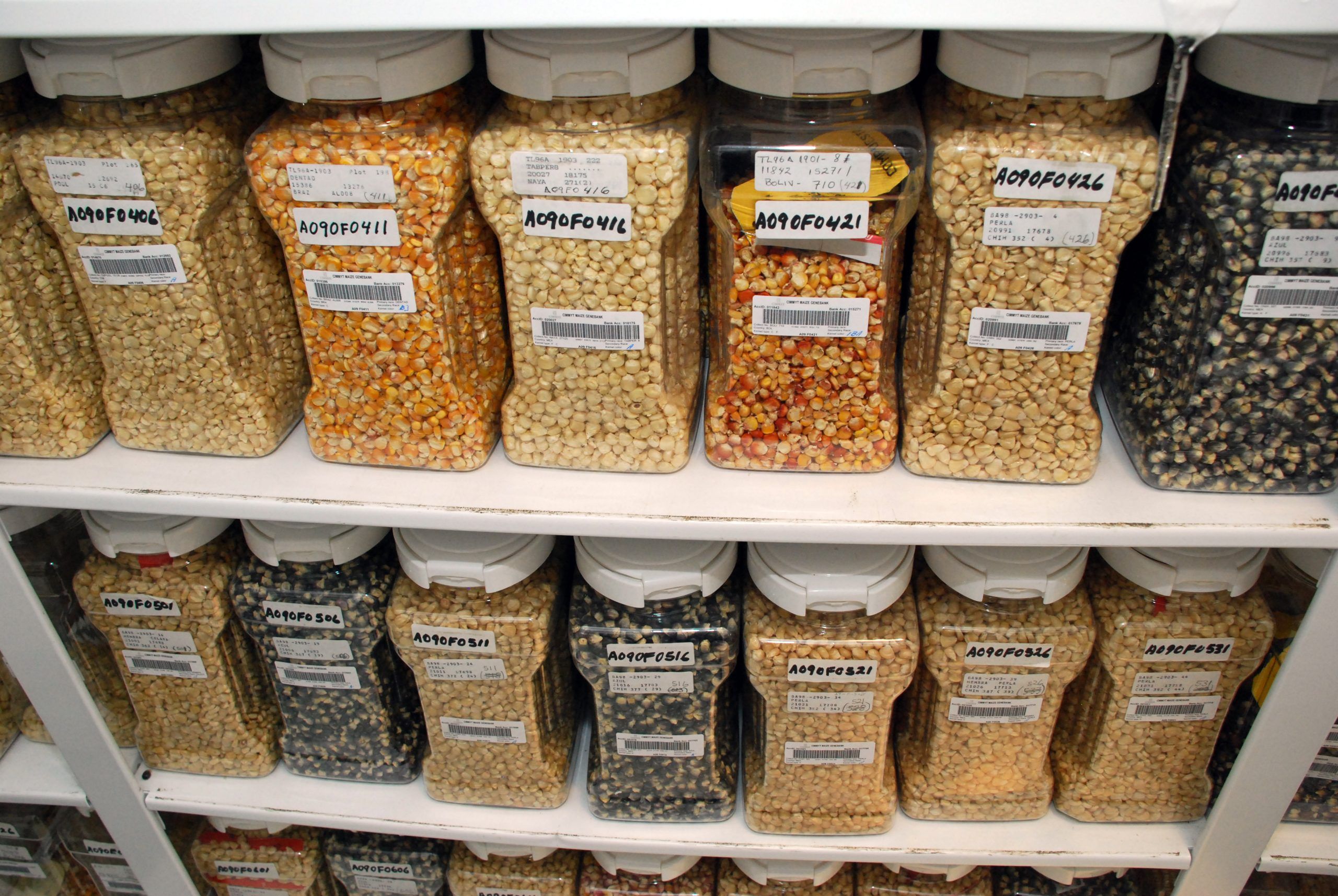
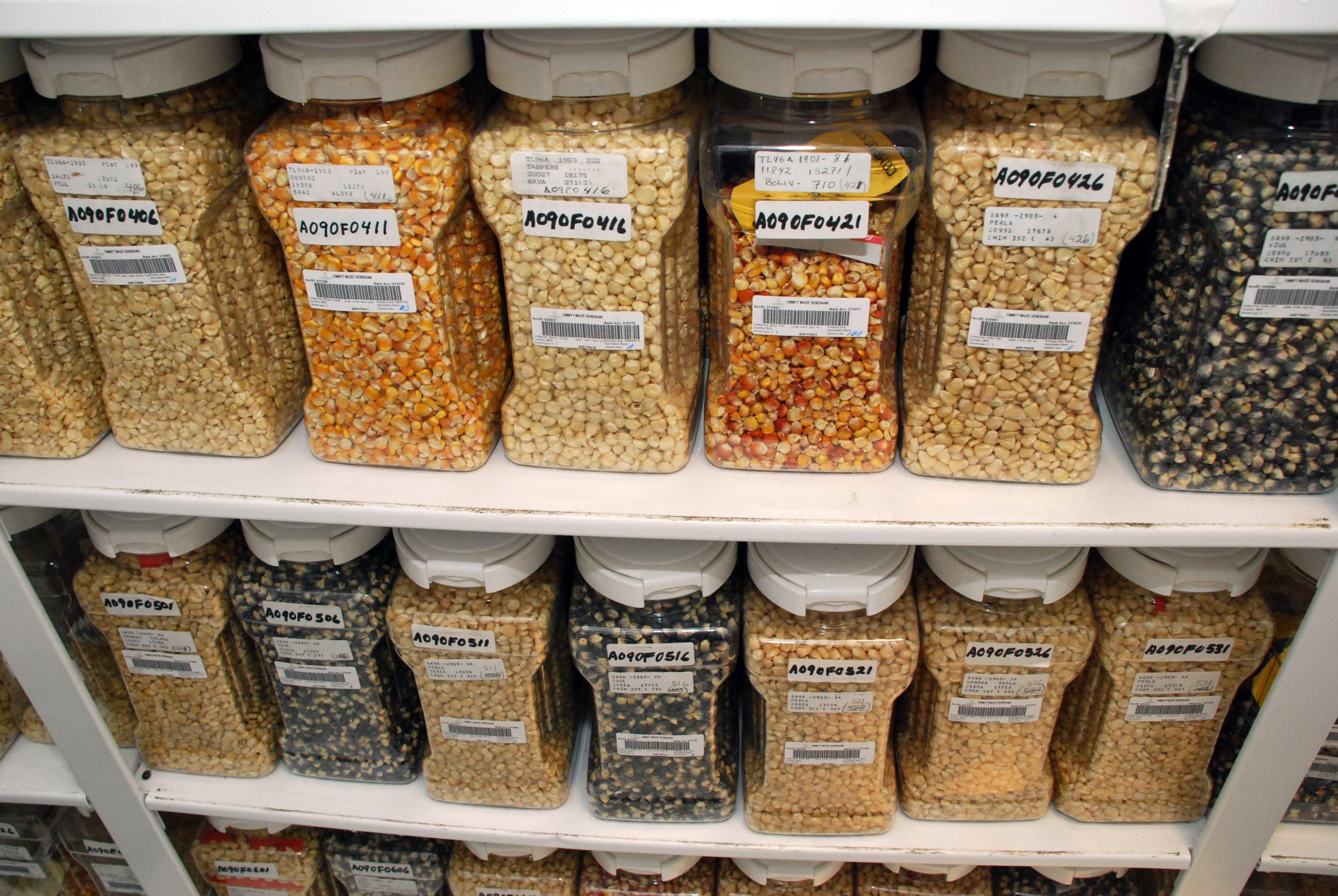
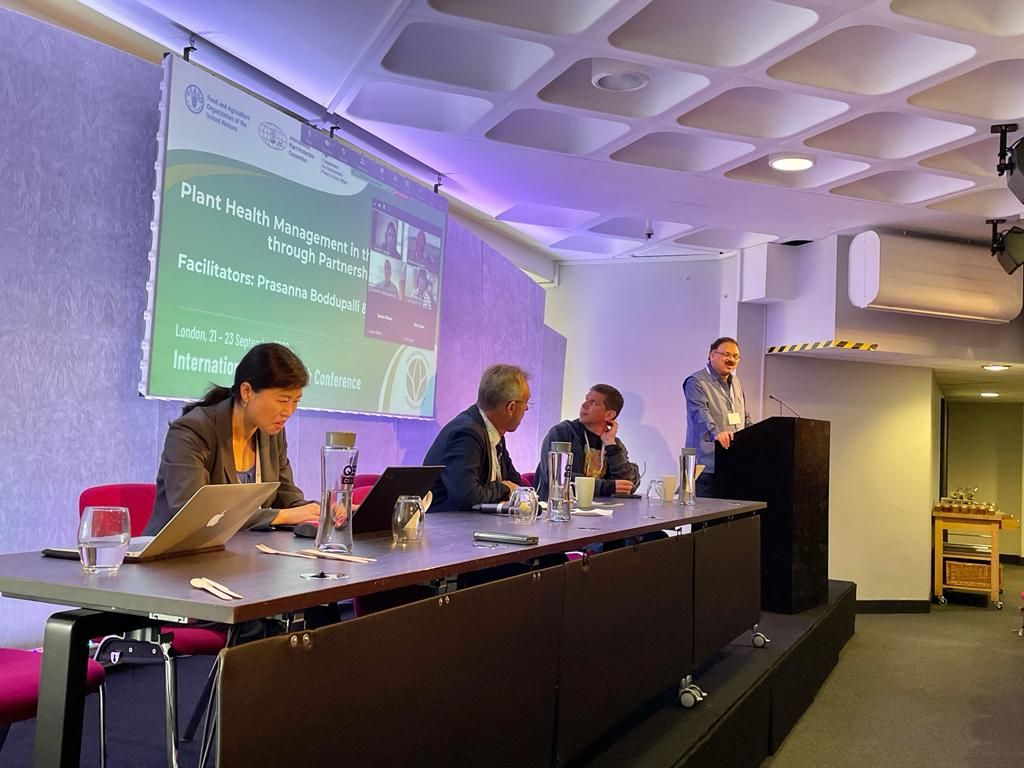
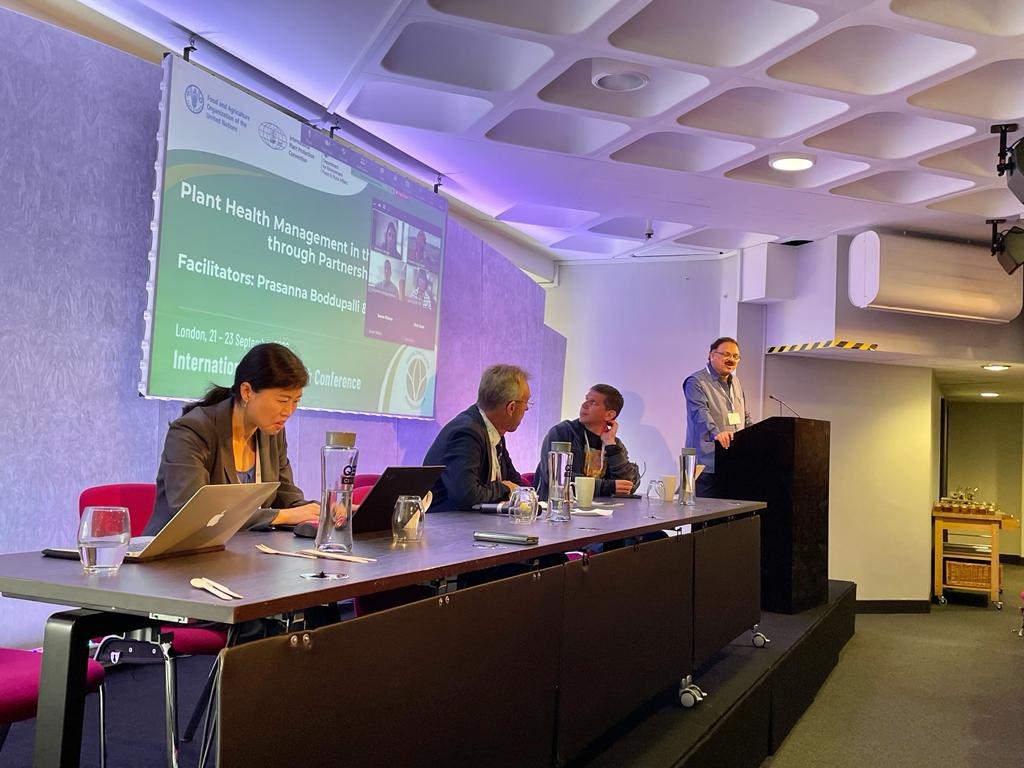
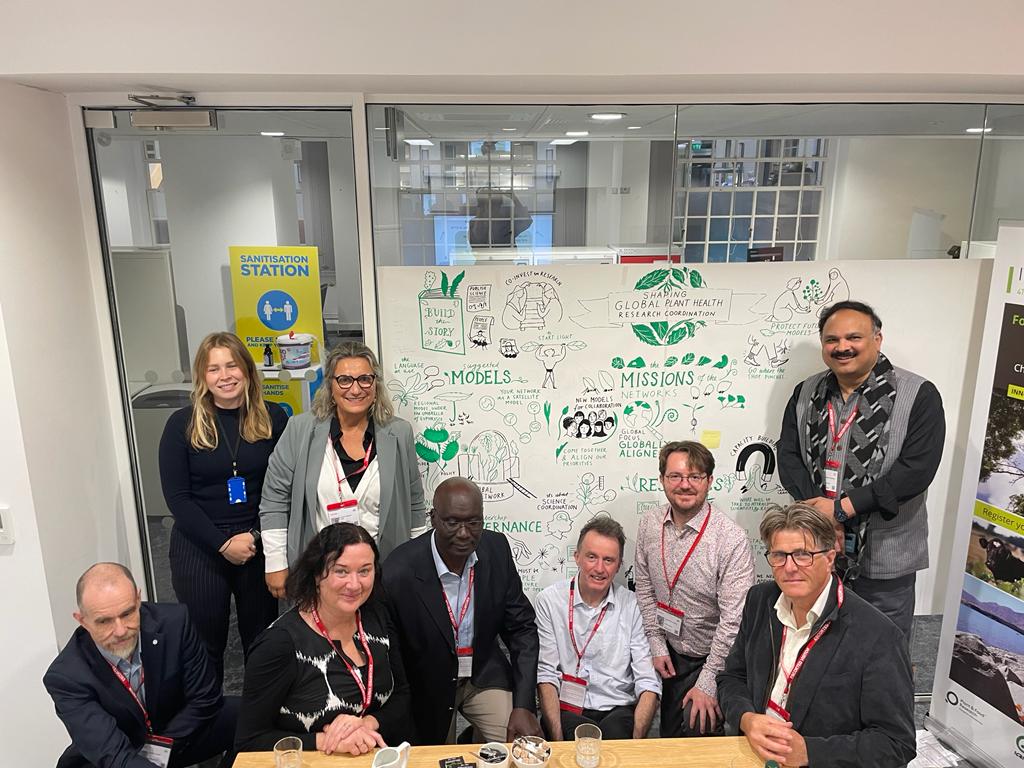
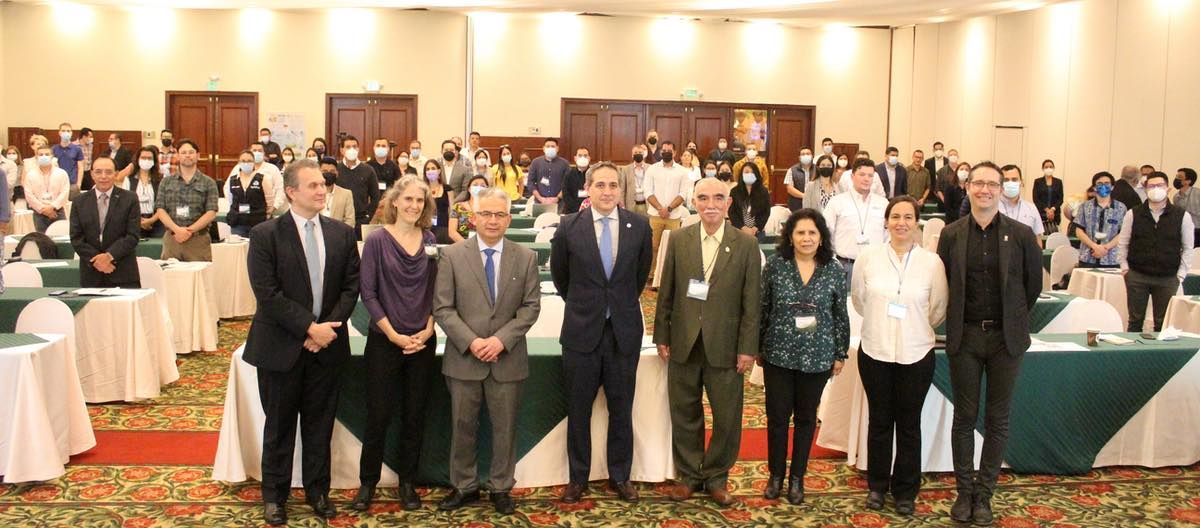



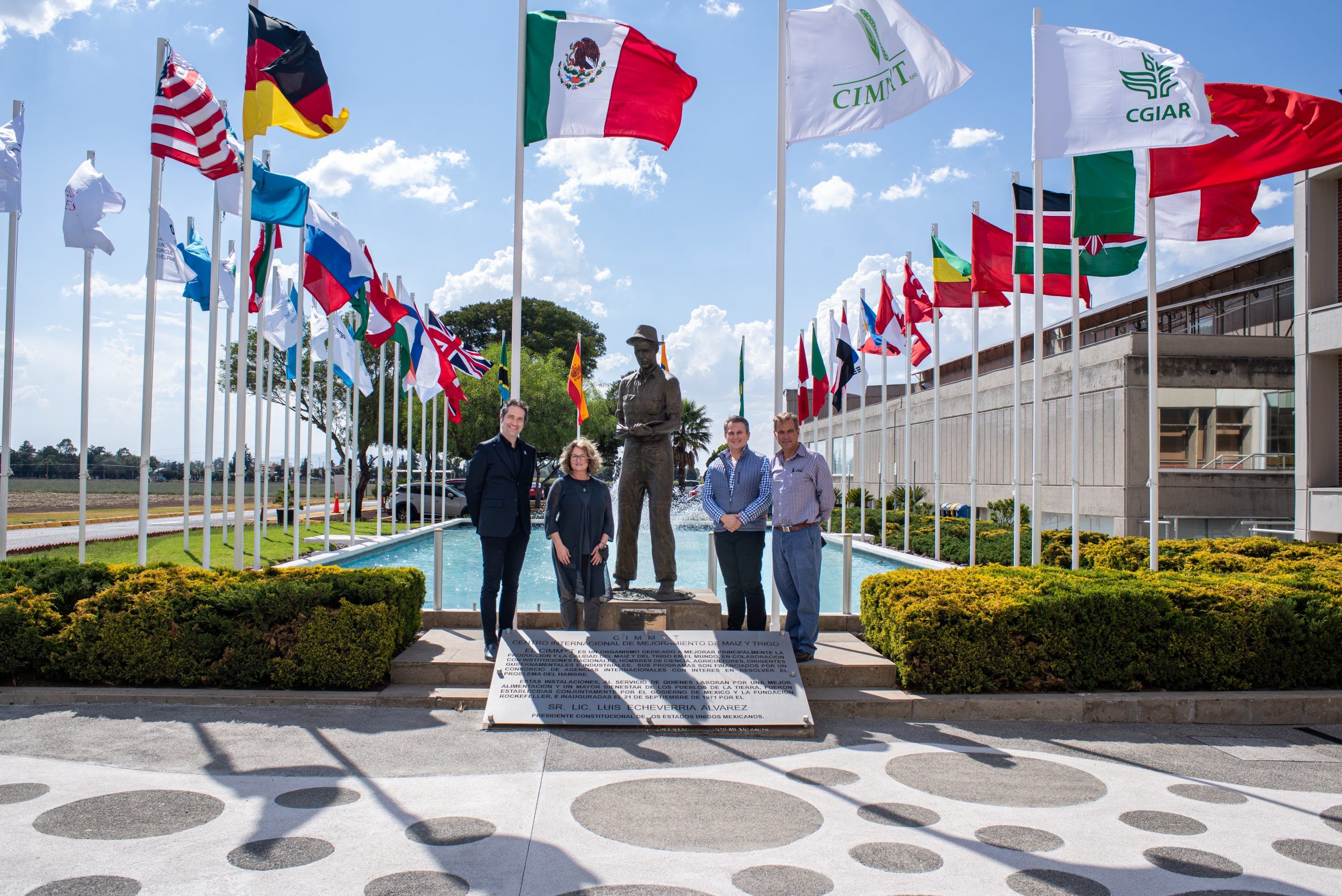

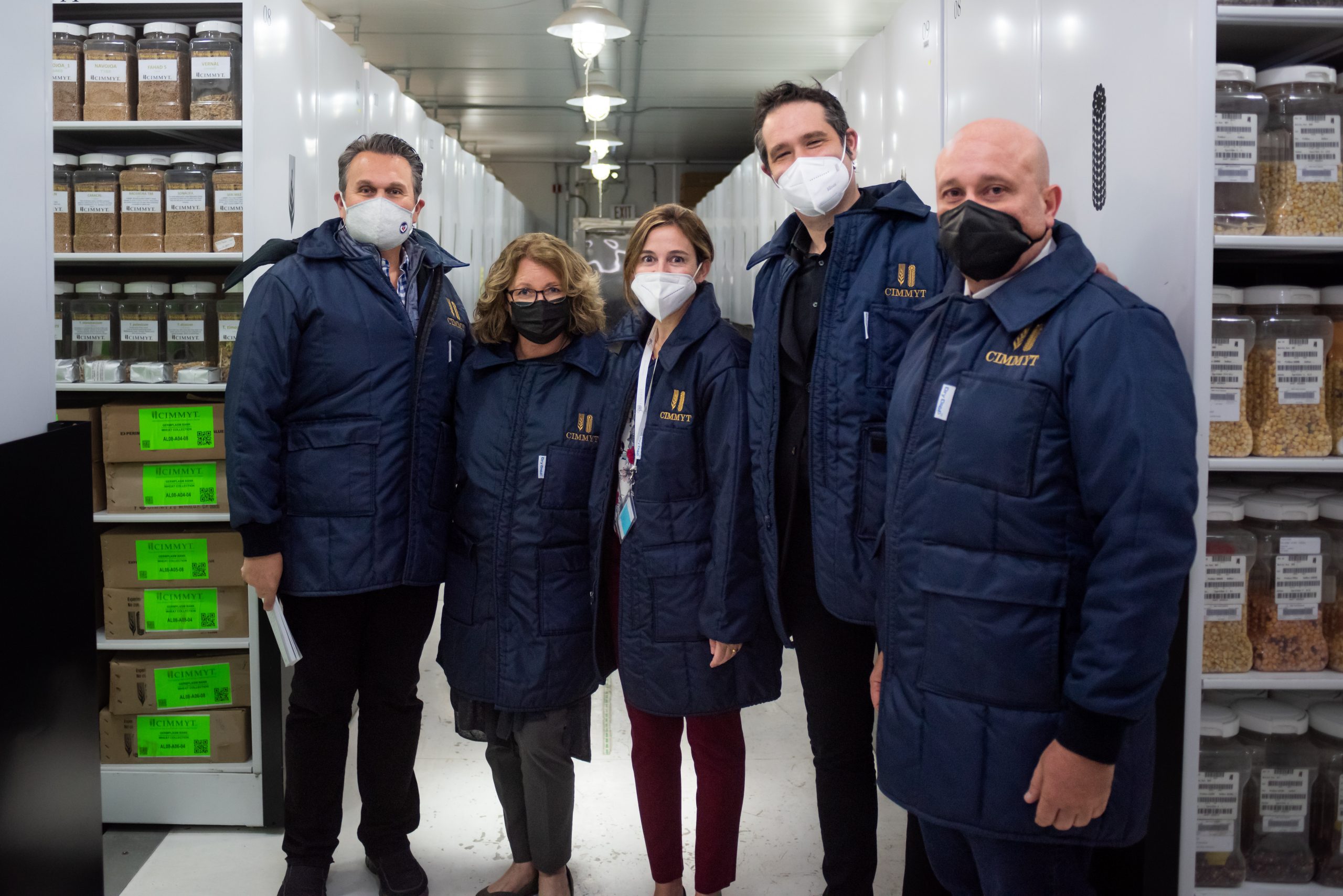
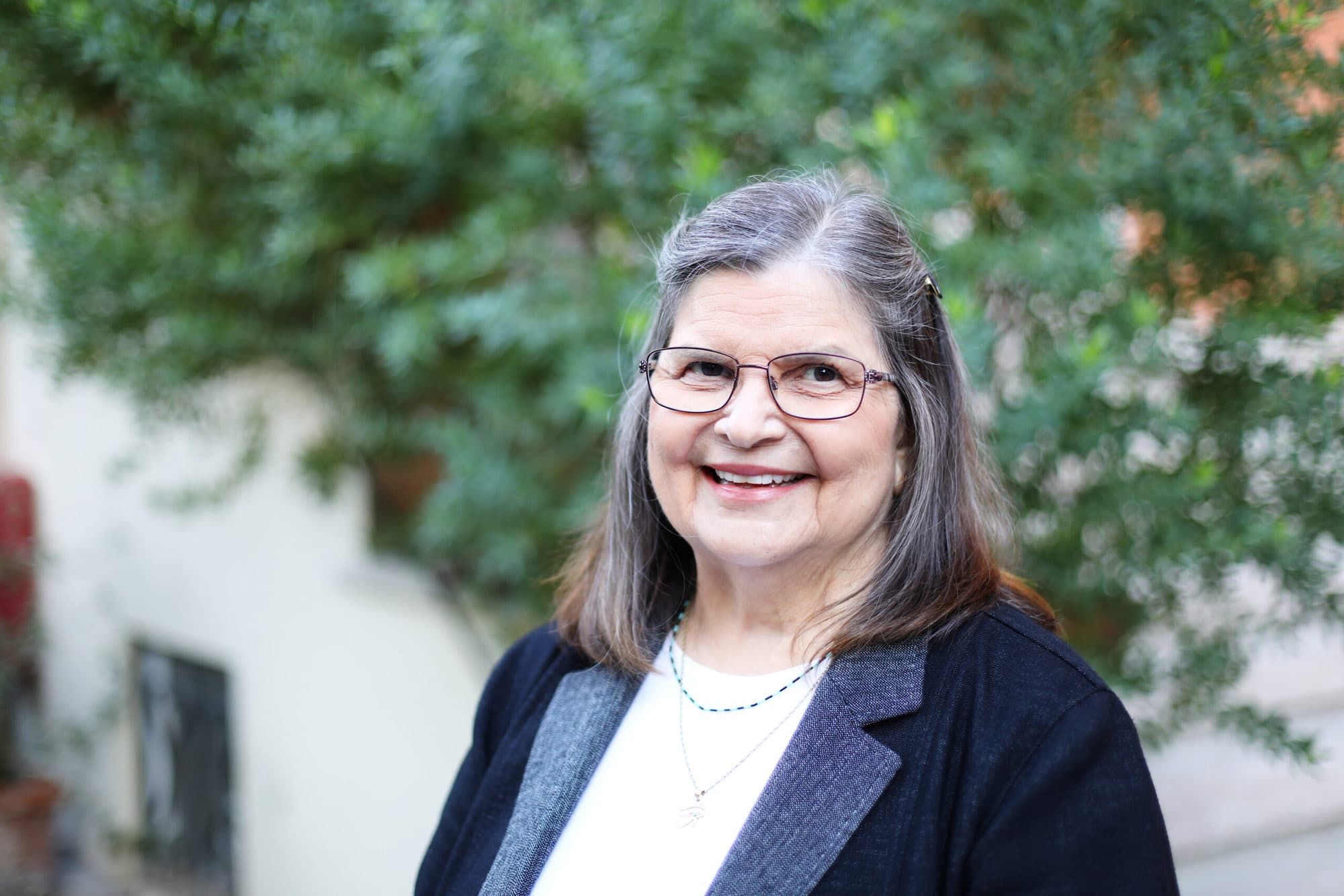
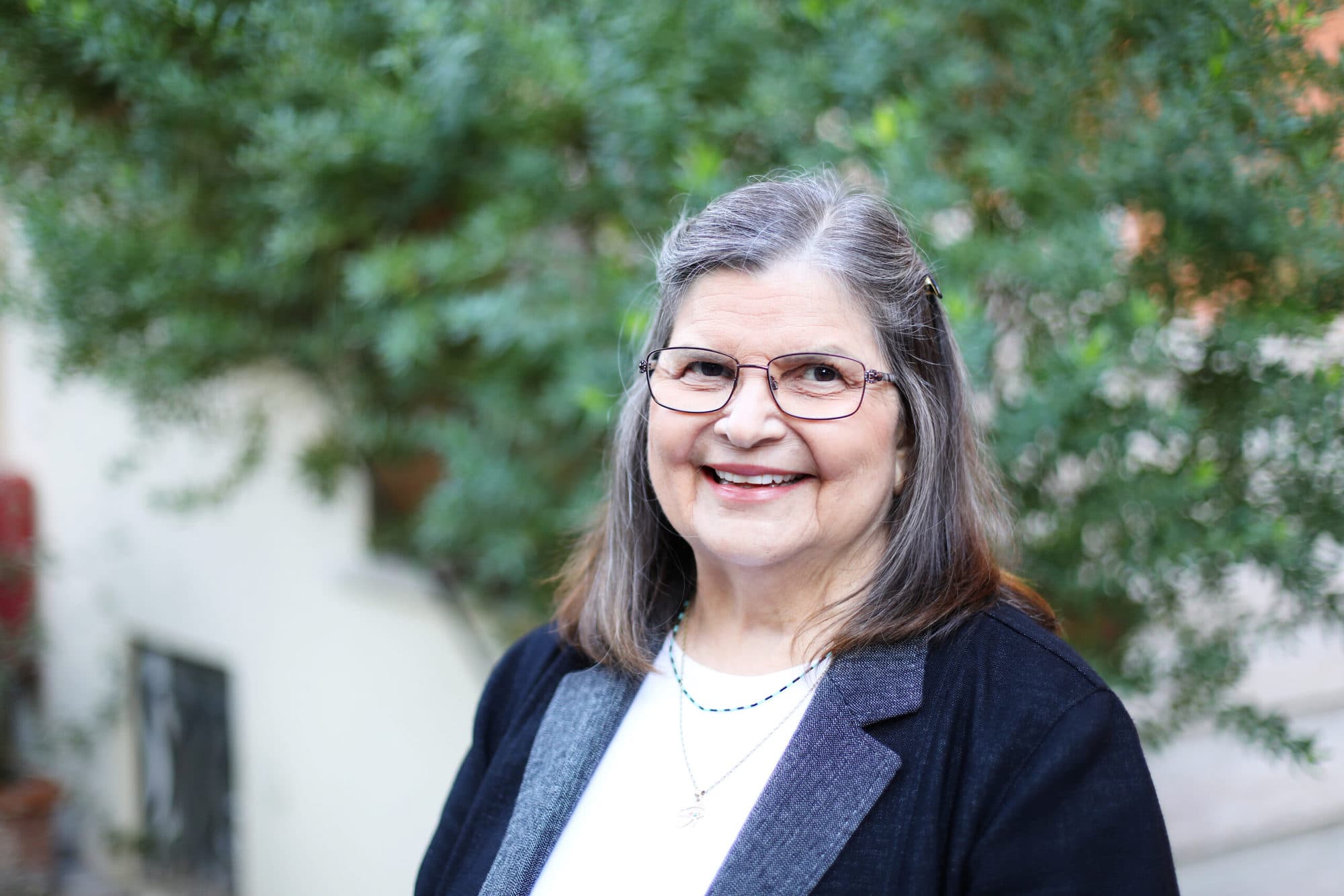
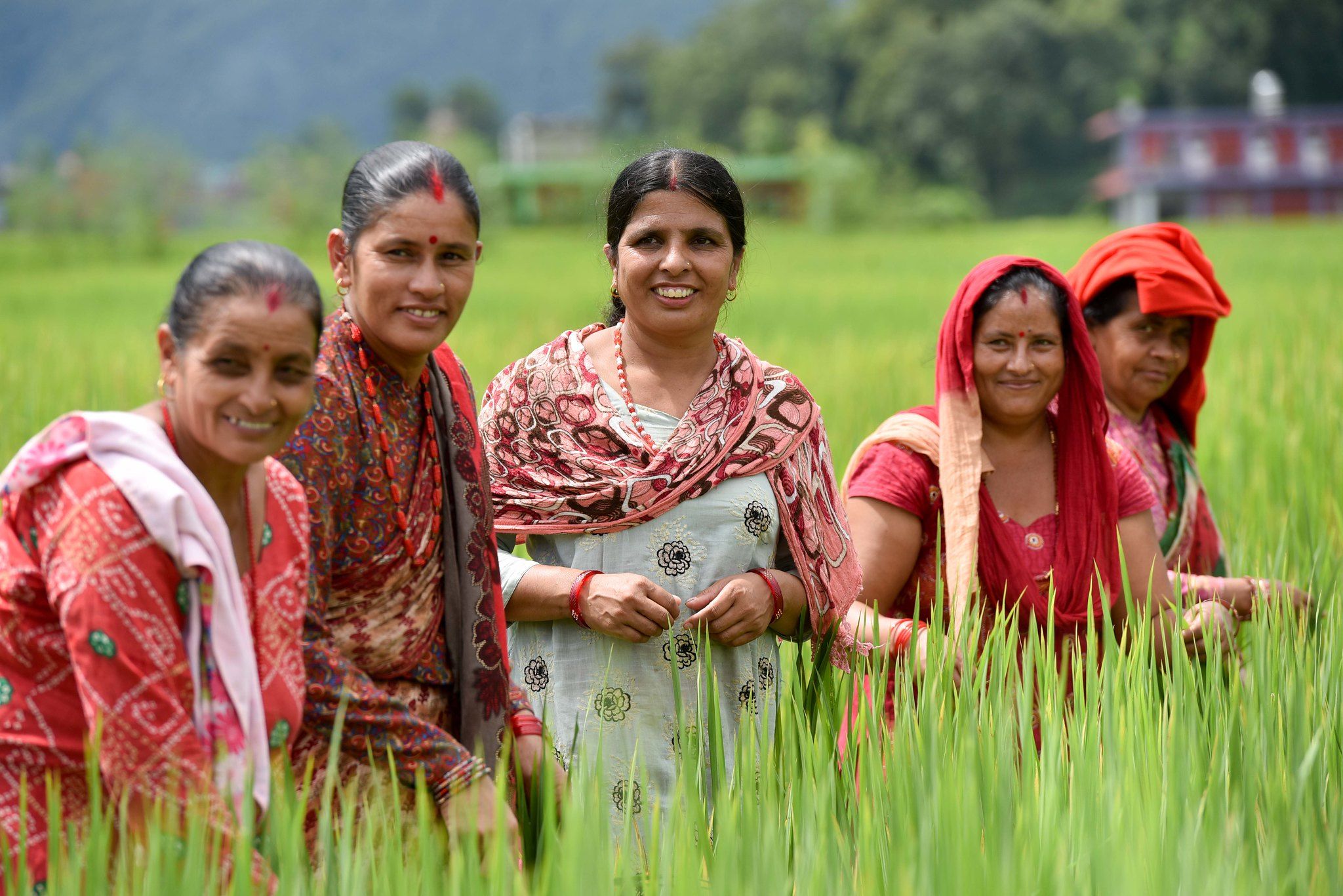
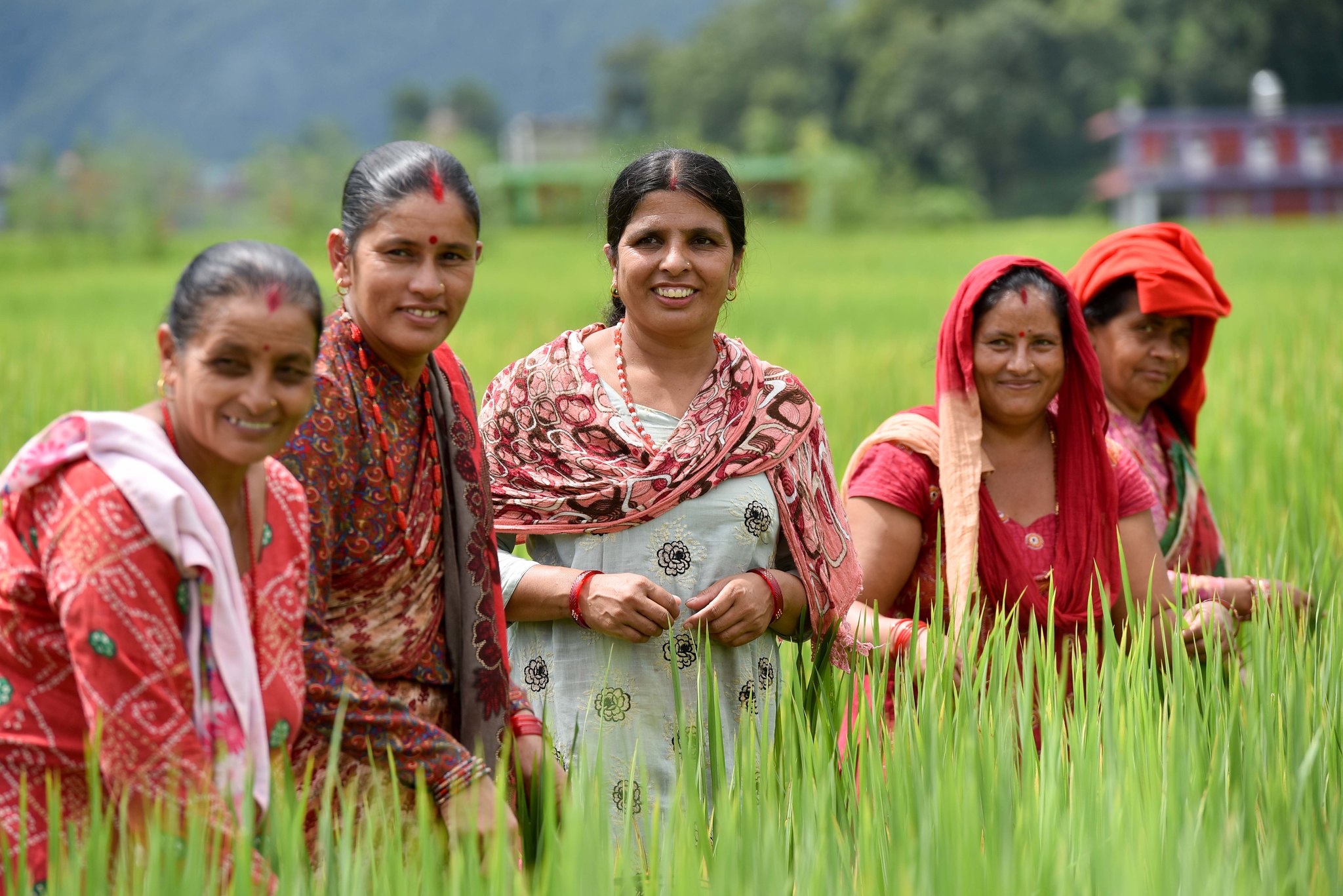
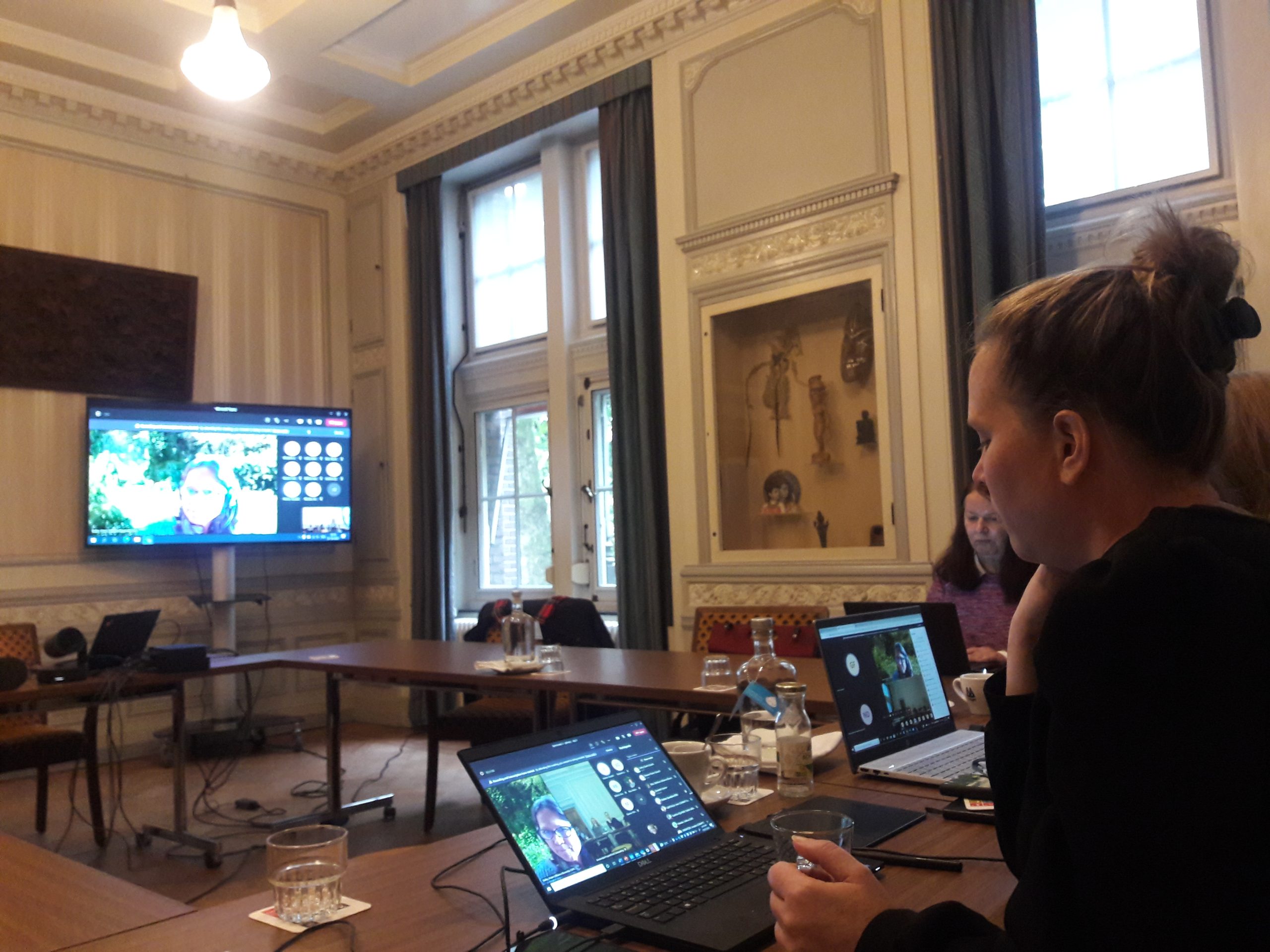
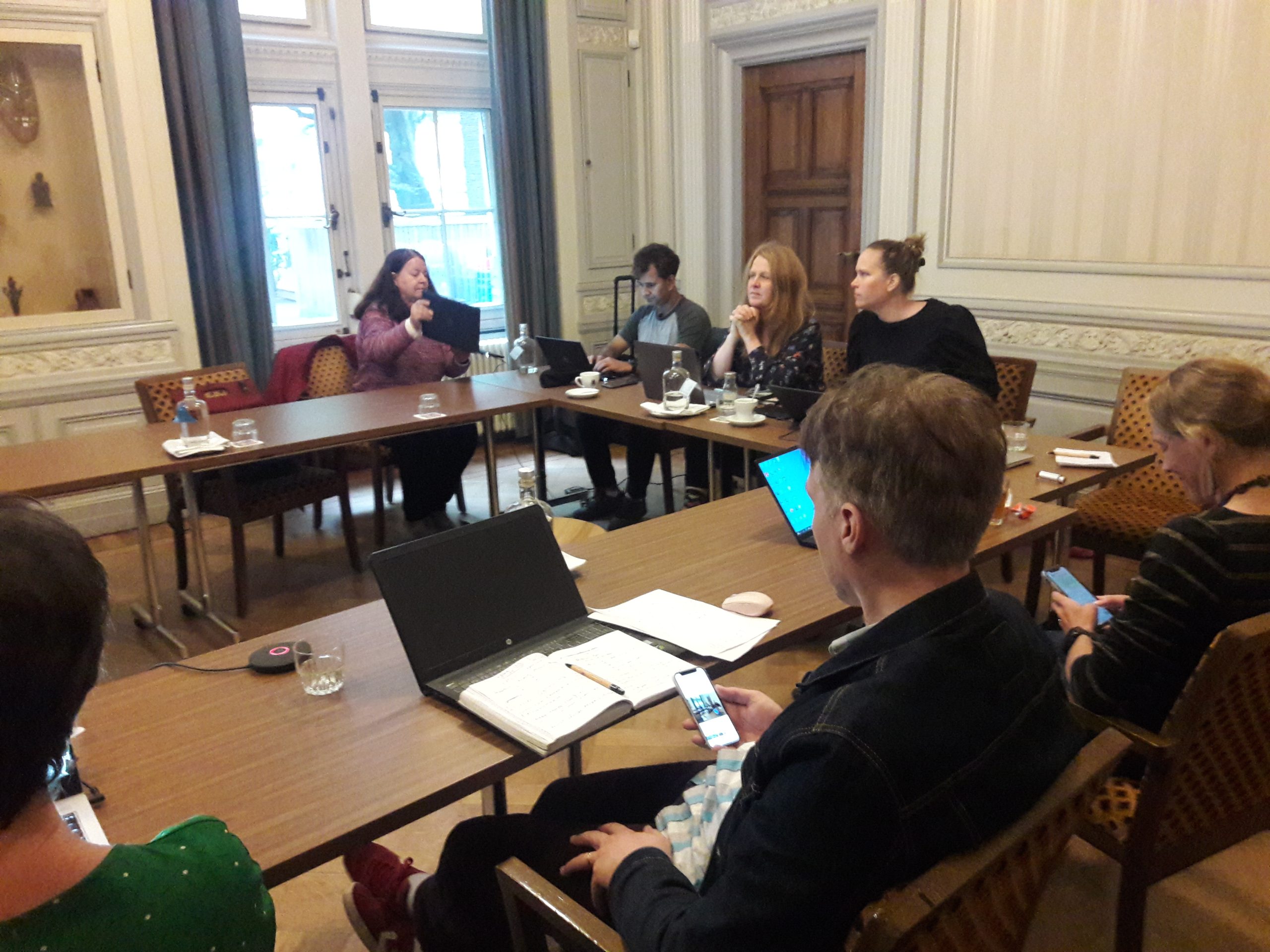
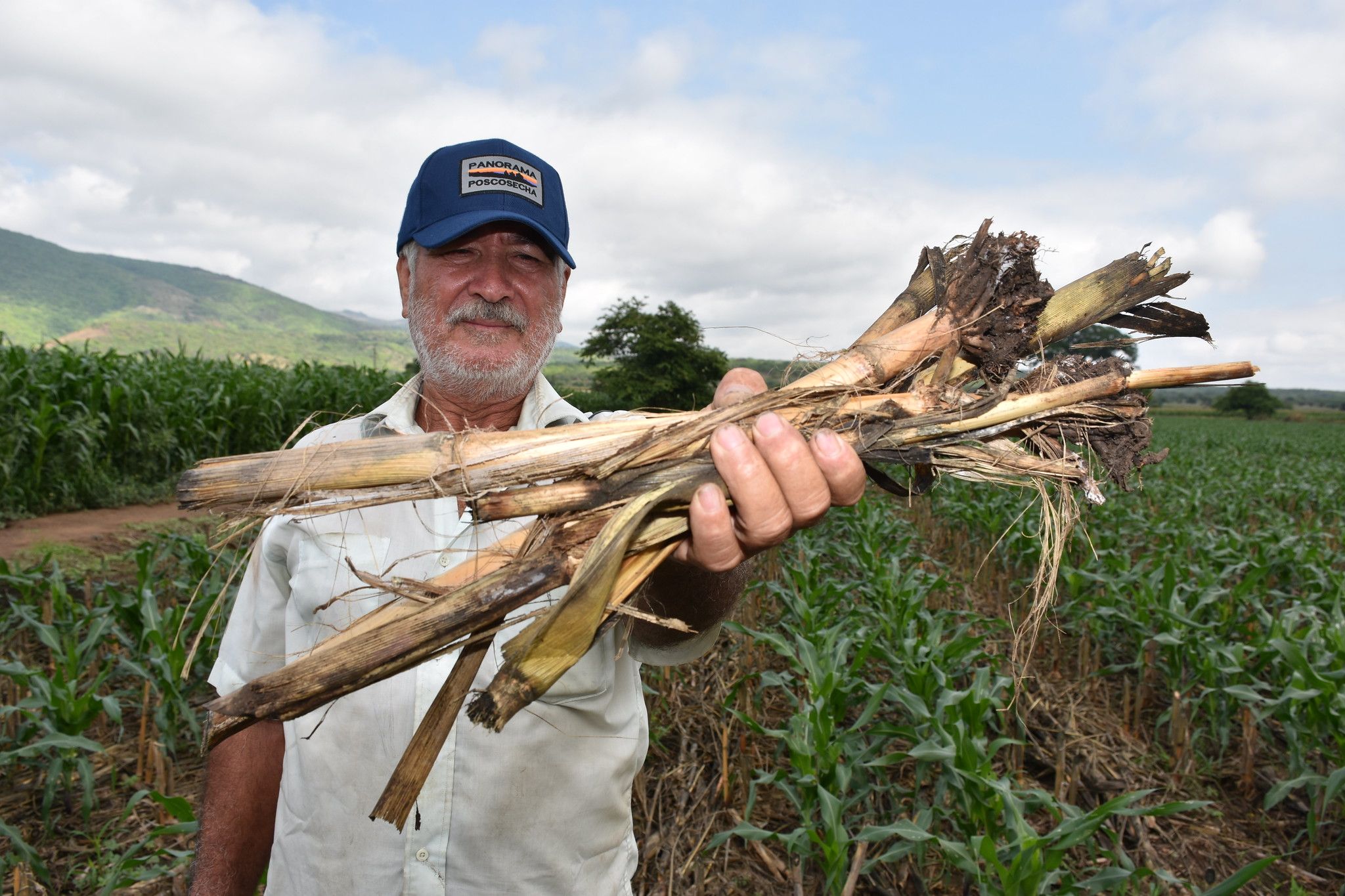
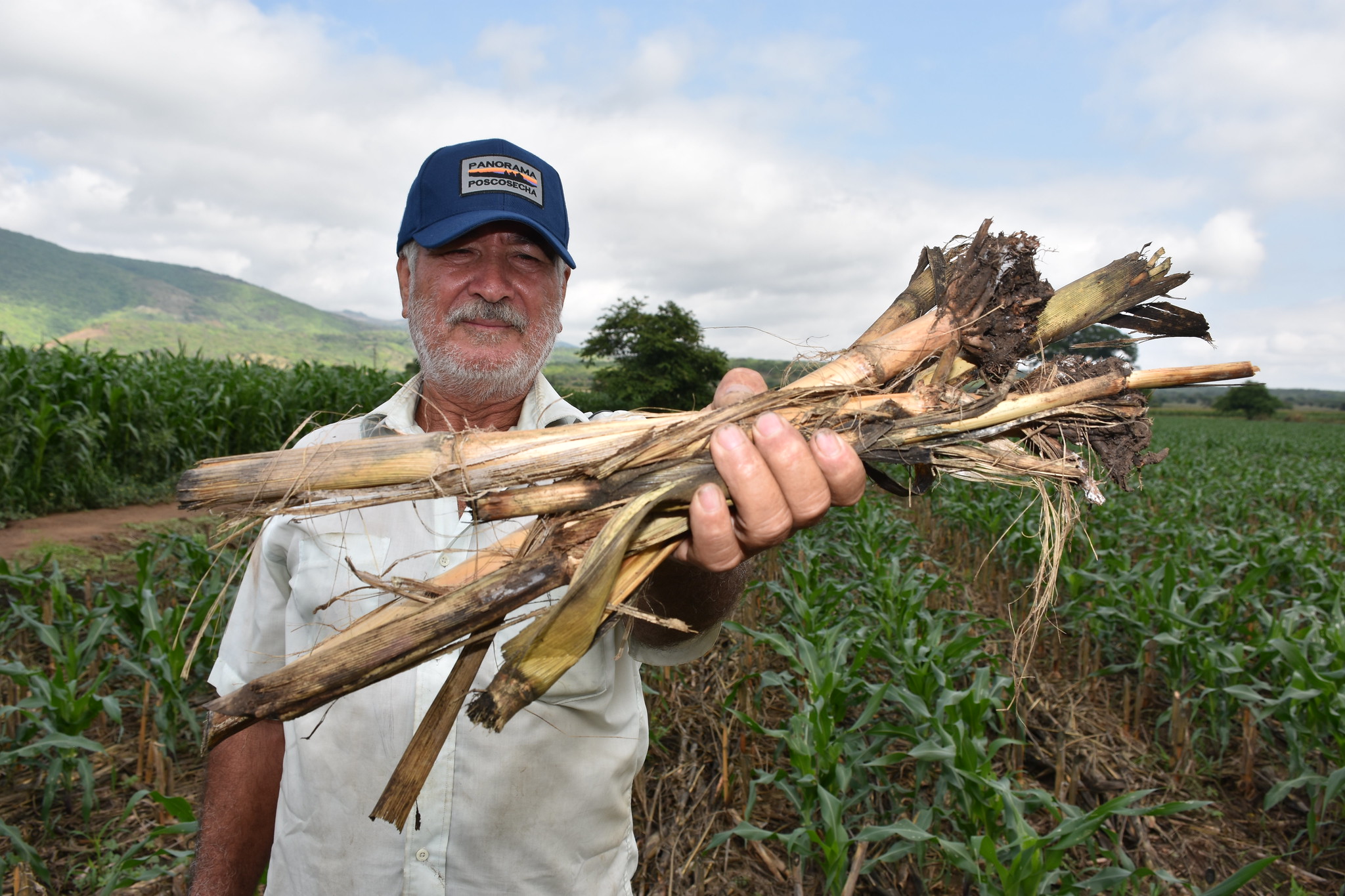
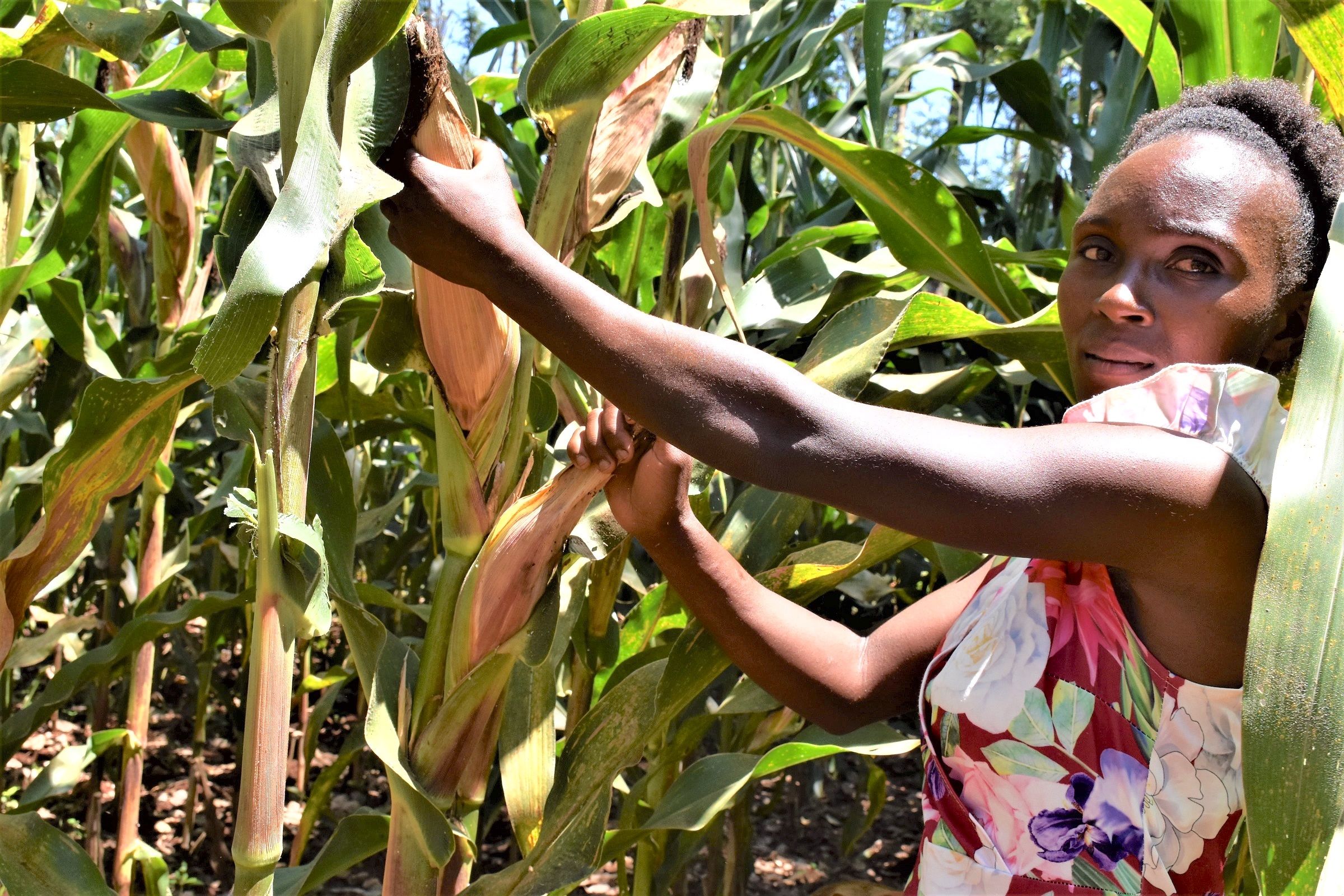

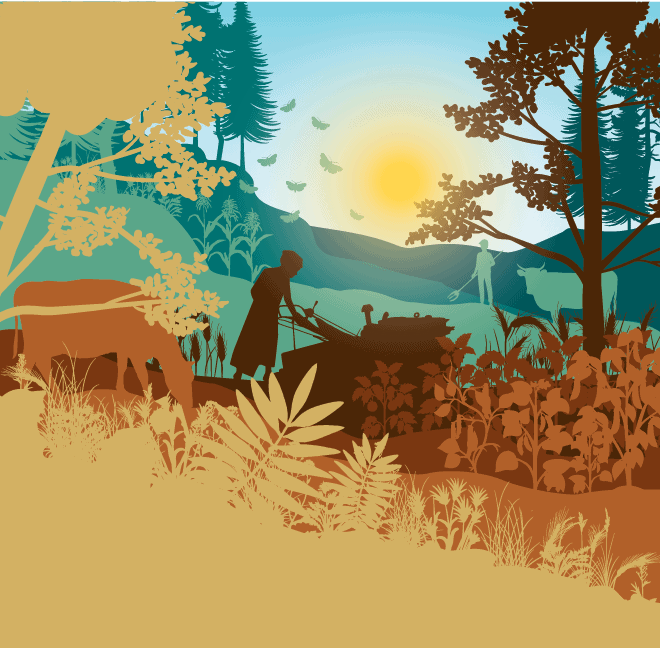
 The UN has designated 2020 as the International Year of Plant Health. CGIAR Centers have significant scientific knowledge, extensive experience on the ground, and thought leadership that they can lend to the global discussion to advance awareness, collaboration, and scaling of needed interventions.
The UN has designated 2020 as the International Year of Plant Health. CGIAR Centers have significant scientific knowledge, extensive experience on the ground, and thought leadership that they can lend to the global discussion to advance awareness, collaboration, and scaling of needed interventions.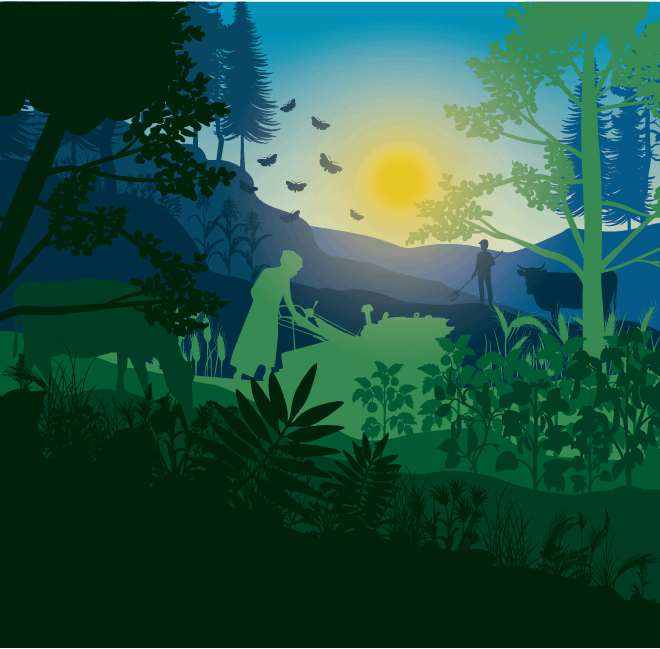 Webinar 1 will discuss the anticipated impacts of climate change on plant health in smallholder systems, tackling how the occurrence, intensity, and frequency of biotic and abiotic stresses will change as a function of climate change. It will provide participants with information on the negative effects on plant health, in relation to food security, nutrition, environment, gender, and livelihoods, as well as on the role of research in providing support to global efforts to mitigate or adapt to climate change challenges for plant health.
Webinar 1 will discuss the anticipated impacts of climate change on plant health in smallholder systems, tackling how the occurrence, intensity, and frequency of biotic and abiotic stresses will change as a function of climate change. It will provide participants with information on the negative effects on plant health, in relation to food security, nutrition, environment, gender, and livelihoods, as well as on the role of research in providing support to global efforts to mitigate or adapt to climate change challenges for plant health. 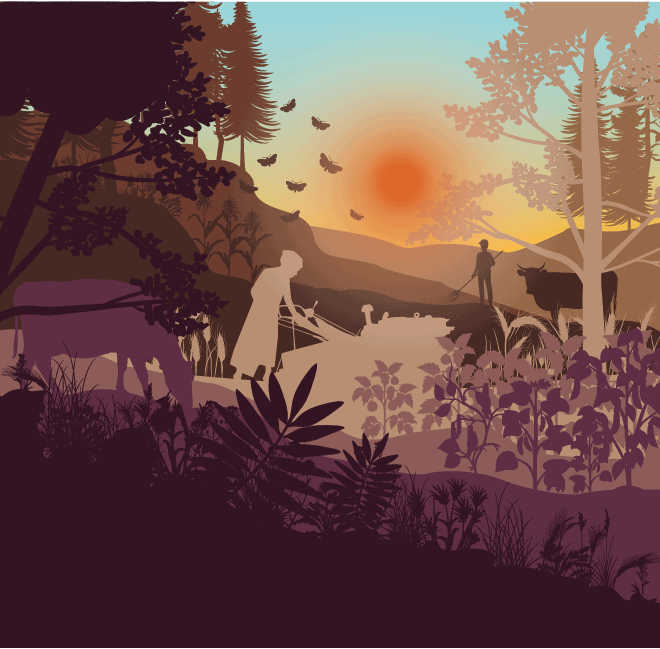 Webinar 2 will highlight the importance of germplasm (phytosanitary) health in the prevention of transboundary pest and disease spread, as well as the propagation of clean planting material to be used locally. Experts will discuss the implications of poor germplasm practices on agricultural and food system sustainability, farmer livelihoods, and food and nutrition security. They will also examine how opportunities for greater workplace diversity in germplasm health hubs and gender-responsive programming could drive more inclusive sustainable development.
Webinar 2 will highlight the importance of germplasm (phytosanitary) health in the prevention of transboundary pest and disease spread, as well as the propagation of clean planting material to be used locally. Experts will discuss the implications of poor germplasm practices on agricultural and food system sustainability, farmer livelihoods, and food and nutrition security. They will also examine how opportunities for greater workplace diversity in germplasm health hubs and gender-responsive programming could drive more inclusive sustainable development. 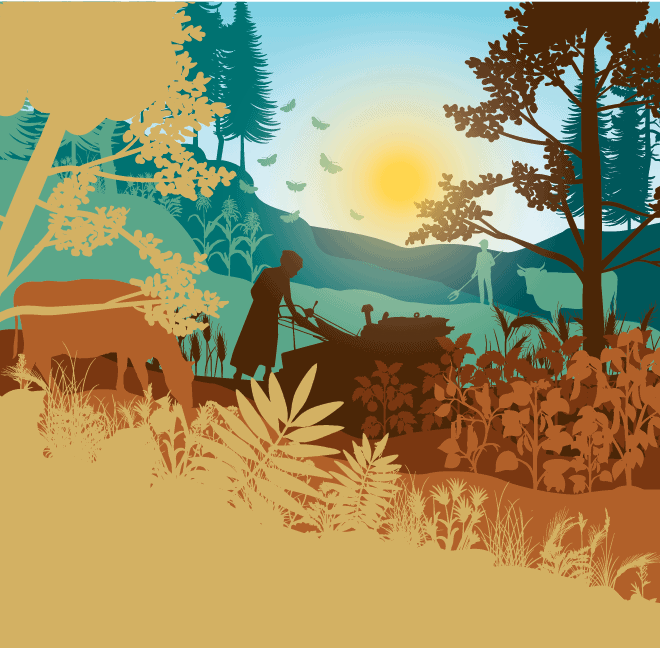 Webinar 3 examines integrated approaches for sustainable management of transboundary diseases and crop pests and their implications for agri-food system sustainability, social inclusion and gender equity. Drawing on both successes and enduring challenges, experts will identify the potential benefits of more gender-responsive approaches to pest and disease control; more coordinated action by national, regional and global organizations; and lessons to be learned from successful animal health management.
Webinar 3 examines integrated approaches for sustainable management of transboundary diseases and crop pests and their implications for agri-food system sustainability, social inclusion and gender equity. Drawing on both successes and enduring challenges, experts will identify the potential benefits of more gender-responsive approaches to pest and disease control; more coordinated action by national, regional and global organizations; and lessons to be learned from successful animal health management. 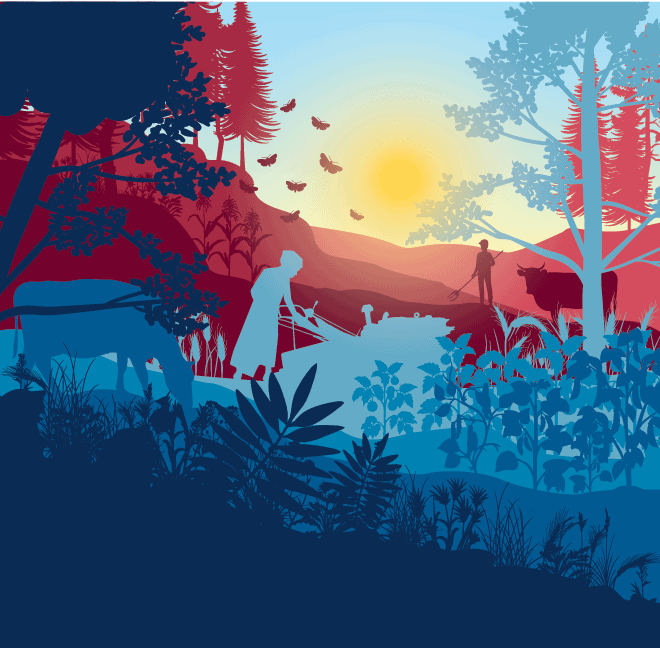 Webinar 4 brings together scientists working at the intersection of environmental, human, and animal health. In this session, the experts will examine plant health and agriculture from a “One Health” approach — a collaborative, multisectoral, and transdisciplinary perspective that recognizes the health of people, animals, plants, and their environments as all closely connected. In this approach, agricultural practices and plant health outcomes both are determined by, and contribute to, ecological, animal, and human health.
Webinar 4 brings together scientists working at the intersection of environmental, human, and animal health. In this session, the experts will examine plant health and agriculture from a “One Health” approach — a collaborative, multisectoral, and transdisciplinary perspective that recognizes the health of people, animals, plants, and their environments as all closely connected. In this approach, agricultural practices and plant health outcomes both are determined by, and contribute to, ecological, animal, and human health.